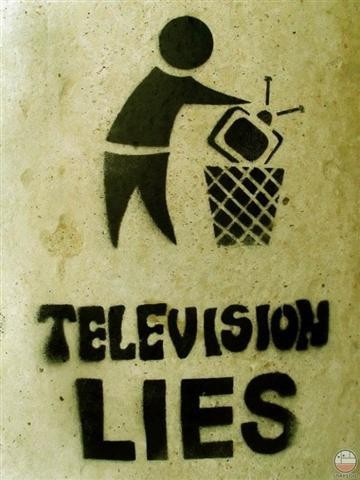A new constitution for Zimbabwe has been agreed on and now parties are looking to the elections.
So, what does Morgan Tsvangirai have to do to win this time? His biggest task will be to reignite the fizz of 2008, which has died down over disappointments in his party’s performance in government and his personal scandals. But there is hope for him yet.
This week, analyst Lance Mambondiani asked in an opinion piece: “Is it possible that we are experiencing a shift in the maturity of the voter, in which politicians are held to account based on their policies rather than their rhetoric?” Yes, but not enough. And as long as candidate quality and policy are still taken as secondary to removing President Robert Mugabe, Tsvangirai has a chance. His party can only win by targeting that “anyone but Mugabe” vote that has carried it for years.
The options on offer are stark: on the one hand, it’s a choice between Mugabe and Tsvangirai. The alternative is simply not bothering to vote at all, an increasingly appealing prospect for many.
Mugabe will run on his black-empowerment drive, promising rural communities near mining operations shares in the mines. Tsvangirai’s own economic policy, known by the acronym Juice, is vague at best. But lack of clear policy is not new to the Movement for Democratic Change and has never stood in its way before.
The MDC’s major struggle will be recreating its vibrant March 2008 campaign. The country’s economic collapse made Tsvangirai’s “change” platform far more appealing than Mugabe’s “100% empowerment” refrain. Tsvangirai ran a well-funded campaign, addressing thousands of red-card-waving supporters. Young people who had previously stayed away from politics came out to vote for the first time. There was a zest in the air, a great expectation that this time change was, indeed, coming. In an unprecedented turn of events, the MDC was able to campaign freely in the rural areas. Having long been cordoned off by Zanu-PF militants, rural voters flocked to MDC rallies.
The results showed: Zanu-PF lost its parliamentary majority for the first time ever and Tsvangirai won more votes than Mugabe, although not enough to avoid the violent run-off that would follow.
Now, besides the mechanisms still needed to make the election a fair race, rediscovering its 2008 form is what the MDC needs the most. The events of the past five years have broken voters’ resolve: the violent 2008 election aftermath, the mind-numbing talks on the formation of the unity government and then its failure to bring about reform.
Although the economic growth of recent years is stalling, it is not as bad as it was in 2008, when hyper-inflation and food shortages bred deep resentment of Mugabe and drove desperate voters to the polls.
Tsvangirai will need to capitalise on Zanu-PF rhetoric that the party will revive the Zimbabwe dollar if it wins. The “Zim-dollar era” is a dark one for many and the MDC will need to play on those fears.
Tsvangirai’s personal scandals do not help. Those controversies showed that he, too, had built his own Mugabe-esque base of fanatical supporters. It wasn’t his fault, his lieutenants said – it was all some dark conspiracy. The scandals disillusioned many. The erosion in Tsvangirai’s support may not translate to backing for Mugabe or other rivals, but may simply keep people away from the polls.
In the previous election, many voters simply put an X against the name of any MDC candidate on the ballot. Nobody cared who the candidate was. But those voters now feel let down by corruption and lack of service delivery by urban councils run by the MDC.
There is little enthusiasm for the forthcoming election, which, including two referendums, will be the country’s eighth poll in 13 years.
A coalition against Mugabe would seem an obvious option, but it is unlikely. The bitterness between Tsvangirai and Welshman Ncube, leader of the smaller MDC faction, runs deep. In 2007, an attempt to forge an alliance failed, partly because the parties could not agree on who would get certain positions in government if they won. In his autobiography, At the Deep End, Tsvangirai said Ncube and his backers never had any clout. They “were simply riding on my popularity, in the forlorn hope that part of it would rub off on to them”. Many Tsvangirai supporters agree. The two men trade frequent barbs in public, many of the insults eyeroll-inducing in their pettiness. Tsvangirai recently dismissed Ncube as a “village politician”, to which Ncube retorted that allowing Tsvangirai to lead would be like giving a cyclist a bus to drive.
So with no strong policy platform and little chance of an alliance, the only real game the MDC can play is the same one it has played before. The old “change” mantra is really all the MDC has – and it will be tougher to convince voters this time around.










